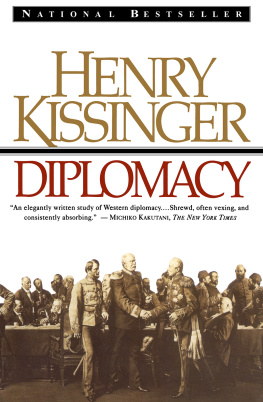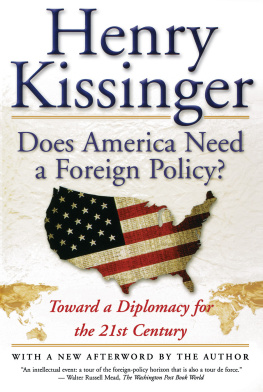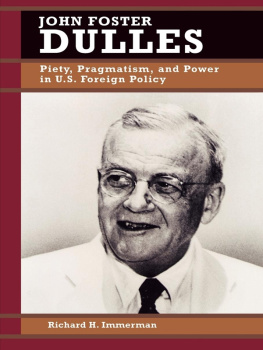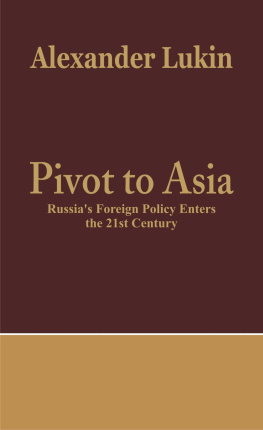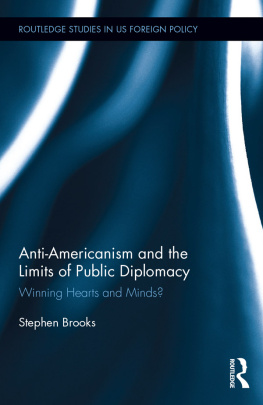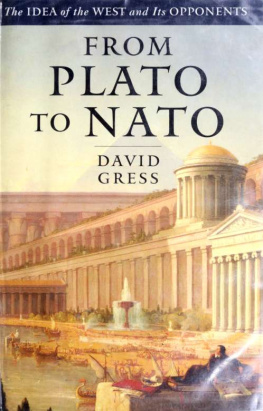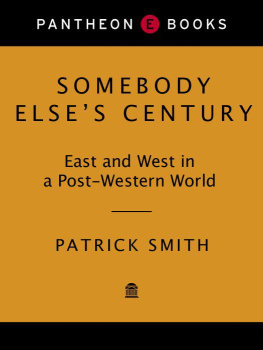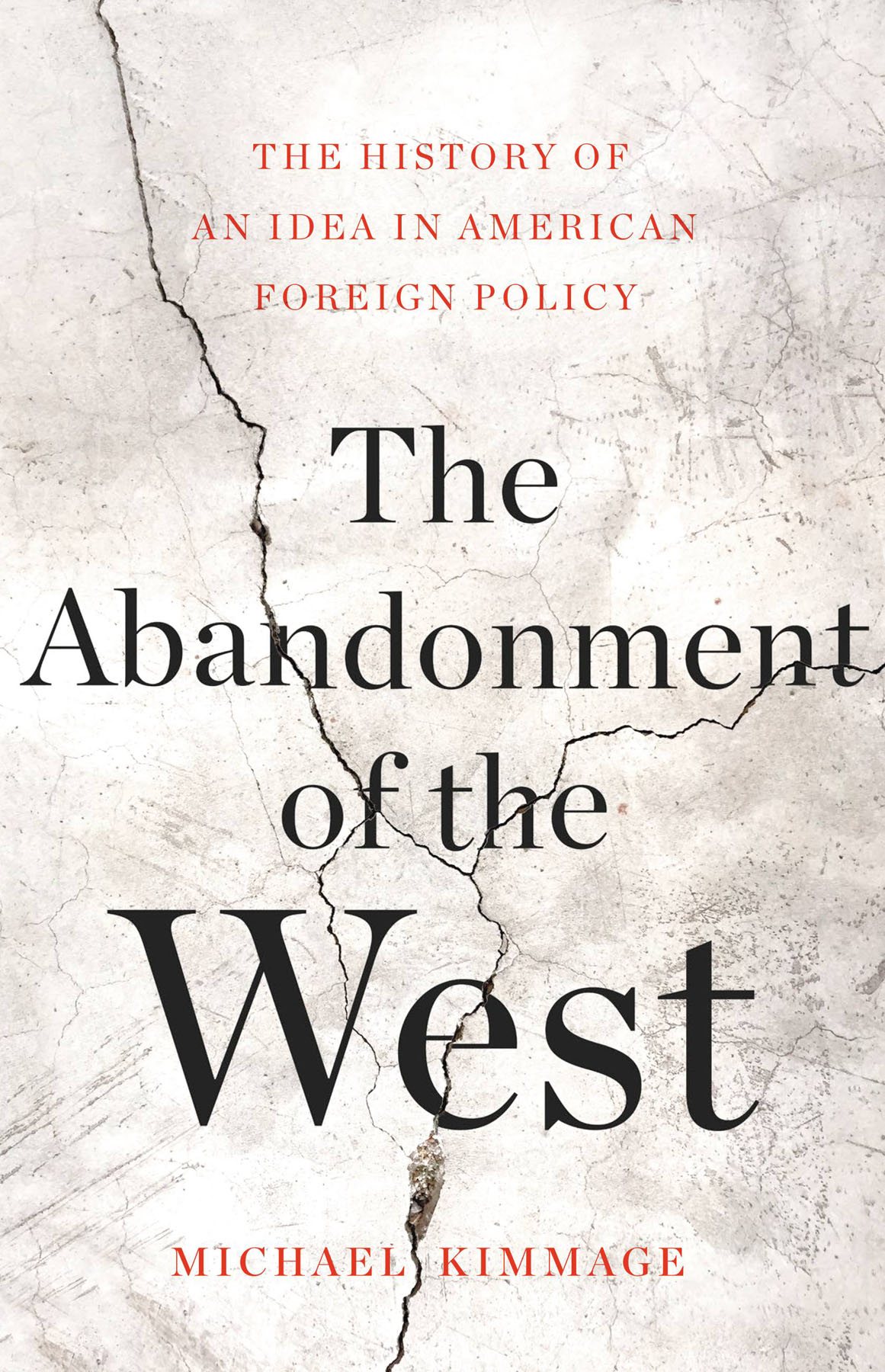Michael Kimmage - The Abandonment of the West: The History of an Idea in American Foreign Policy
Here you can read online Michael Kimmage - The Abandonment of the West: The History of an Idea in American Foreign Policy full text of the book (entire story) in english for free. Download pdf and epub, get meaning, cover and reviews about this ebook. year: 2020, publisher: Basic Books, genre: History. Description of the work, (preface) as well as reviews are available. Best literature library LitArk.com created for fans of good reading and offers a wide selection of genres:
Romance novel
Science fiction
Adventure
Detective
Science
History
Home and family
Prose
Art
Politics
Computer
Non-fiction
Religion
Business
Children
Humor
Choose a favorite category and find really read worthwhile books. Enjoy immersion in the world of imagination, feel the emotions of the characters or learn something new for yourself, make an fascinating discovery.

- Book:The Abandonment of the West: The History of an Idea in American Foreign Policy
- Author:
- Publisher:Basic Books
- Genre:
- Year:2020
- Rating:3 / 5
- Favourites:Add to favourites
- Your mark:
The Abandonment of the West: The History of an Idea in American Foreign Policy: summary, description and annotation
We offer to read an annotation, description, summary or preface (depends on what the author of the book "The Abandonment of the West: The History of an Idea in American Foreign Policy" wrote himself). If you haven't found the necessary information about the book — write in the comments, we will try to find it.
Throughout the twentieth century, many Americans saw themselves as part of Western civilization, and Western ideals of liberty and self-government guided American diplomacy. But today, other ideas fill this role: on one side, a technocratic liberal international order, and on the other, the illiberal nationalism of America First.
In The Abandonment of the West, historian Michael Kimmage shows how the West became the dominant idea in US foreign policy in the first half of the twentieth century -- and how that consensus has unraveled. We must revive the West, he argues, to counter authoritarian challenges from Russia and China. This is an urgent portrait of modern Americas complicated origins, its emergence as a superpower, and the crossroads at which it now stands.
Michael Kimmage: author's other books
Who wrote The Abandonment of the West: The History of an Idea in American Foreign Policy? Find out the surname, the name of the author of the book and a list of all author's works by series.

